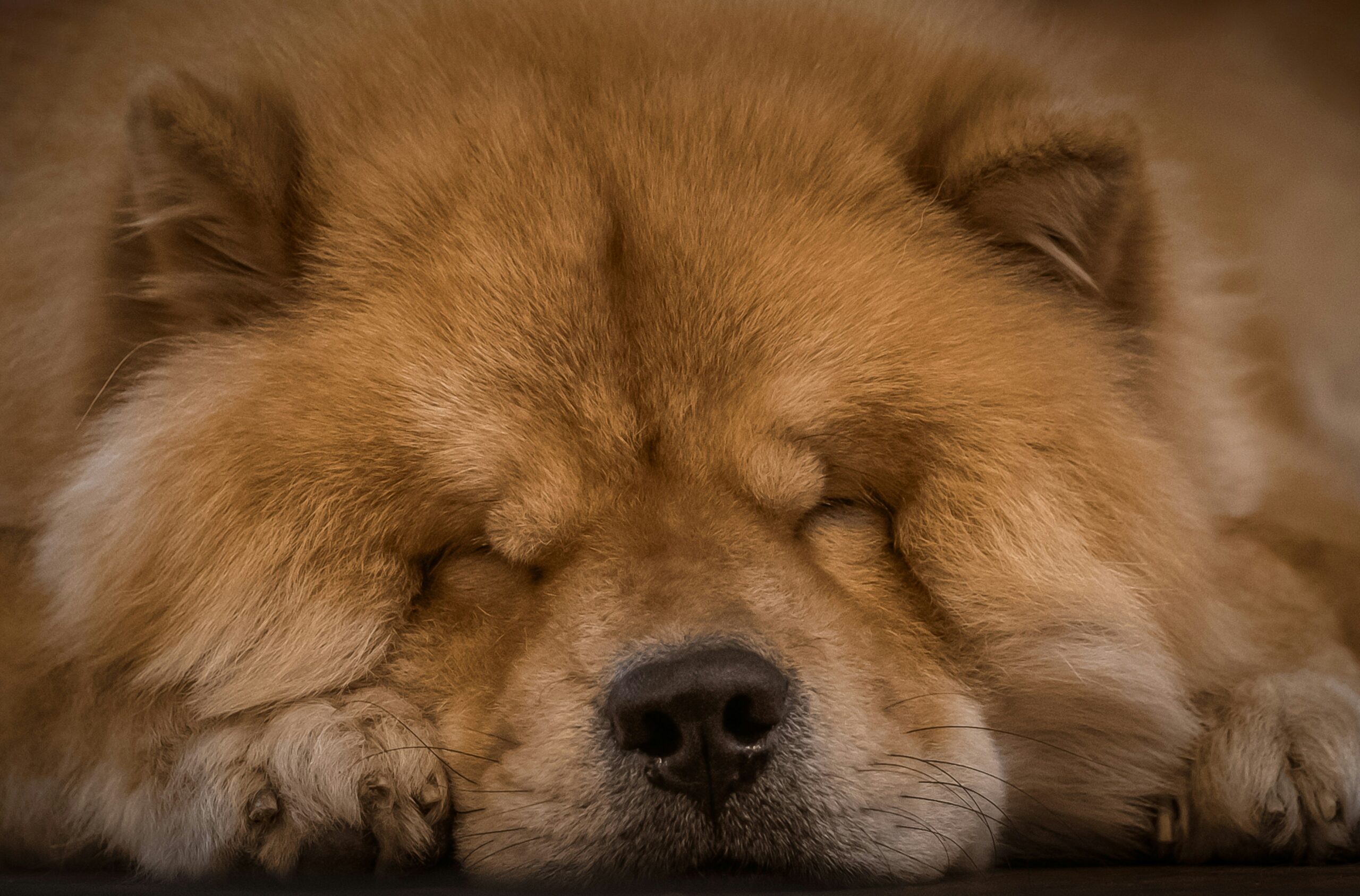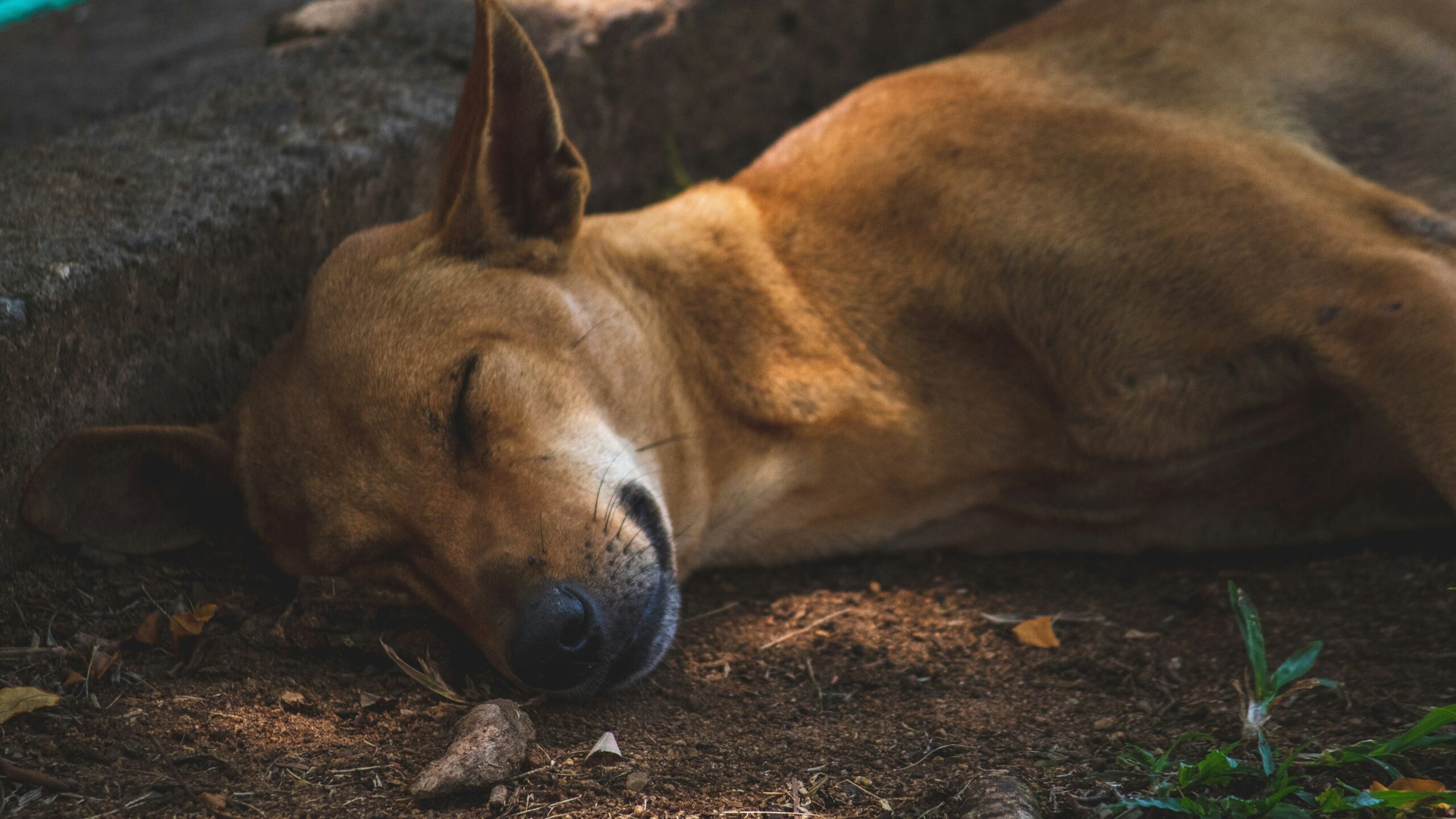“Ever wondered why your hunting dog seems sluggish after a long day in the field? It could be more than just physical exhaustion—it might be their sleep quality.”
Hunting dogs are athletes, and like any athlete, they need peak recovery to stay sharp. But what if we told you that specialized pet food enhanced with restorative sleep aids can transform your dog’s performance? In this guide, we’ll break down why restorative sleep aids matter, how specialized diets can help, and share practical tips to improve your hunting dog’s diet—so they’re always ready to chase the next bird.
You’ll learn:
- Why restorative sleep is critical for hunting dogs.
- How specialized food impacts energy levels and recovery.
- Actionable feeding strategies tailored to your dog’s needs.
Table of Contents
- The Hidden Problem Behind Tired Hunting Dogs
- Step-by-Step Guide to Choosing Specialized Food
- Tips for Incorporating Restorative Sleep Aids
- Real-Life Success Stories from Dog Owners
- Frequently Asked Questions About Restorative Sleep Aids
Key Takeaways
- Restorative sleep directly affects a hunting dog’s stamina and focus.
- Specialized pet foods fortified with natural sleep aids optimize recovery.
- A balanced diet rich in amino acids, magnesium, and melatonin precursors enhances restfulness.
- Overfeeding supplements can backfire—stick to vet-approved formulas.
The Hidden Problem Behind Tired Hunting Dogs
Let me paint you a picture. Last season, my German Shorthaired Pointer Max collapsed mid-hunt—not because he was out of shape but because his post-exercise recovery sucked. I had been ignoring one glaring issue: poor-quality sleep. He was getting enough hours on paper, sure, but tossing and turning all night isn’t “rest”… it’s insomnia-for-dogs. Turns out, it wasn’t laziness or age—it was nutrition.

Hunting breeds rely heavily on high-energy bursts during workdays. Without proper restorative sleep, these dogs suffer muscle fatigue, slower reaction times, and even behavioral issues. And yes, while exercise plays a role, so does diet. If your dog eats generic kibble packed with fillers instead of nutrient-dense meals, don’t expect them to bounce back quickly. This is where specialized food steps in.
Rant Alert: Stop falling for flashy packaging! The marketing buzzwords “high-protein” or “all-natural” mean nothing unless the ingredients list backs it up. Your dog deserves better than overpriced junk food masquerading as premium nutrition.
Step-by-Step Guide to Choosing Specialized Food
Choosing the right food feels overwhelming—trust me, I’ve stared at grocery shelves longer than I’d care to admit. Here’s a step-by-step game plan:
Optimist You:
“Follow these steps, and your pup will feel unstoppable!”
Grumpy You:
“Ugh, fine—but only if coffee’s involved.”
1. Check the Ingredients List First
Look for whole meats (chicken, beef, salmon) listed as primary ingredients—not vague terms like “meat byproducts.” Quality protein sources provide essential amino acids that support muscle repair and hormone production tied to good sleep.
2. Prioritize Natural Sleep Promoters
Ingredients like L-tryptophan, chamomile extract, valerian root, and magnesium promote relaxation before bedtime. While not common in mainstream brands, many specialized formulas include these additives specifically for active working breeds.
3. Avoid Artificial Fillers & Additives
Skip foods loaded with corn syrup, artificial colors, or preservatives. They wreak havoc on digestion and overall health. Instead, opt for options with natural antioxidants like blueberries or turmeric.

Pro Tip: Rotate proteins every few months to prevent allergies and maintain variety. Your dog won’t get bored, either!
Tips for Incorporating Restorative Sleep Aids
Alright, here’s the raw truth: Simply switching to specialized food isn’t magical—it takes consistency and strategy. Below are five actionable best practices to maximize results:
- Maintain Regular Feeding Times
Dogs thrive on routine. Serve dinner two hours before bedtime to allow digestion without disrupting sleep cycles. - Create a Calming Bedtime Routine
Pair feeding time with calming activities like brushing or gentle play to signal winding-down mode. - Hydrate Properly
Dehydration exacerbates fatigue. Ensure fresh water is always available, especially post-hunt. - Consult Your Vet
Before adding new supplements, ask your veterinarian about potential interactions or overdoses. - Monitor Progress Over Time
Keep track of changes in behavior, energy levels, and sleep patterns to gauge effectiveness.
Real-Life Success Stories from Dog Owners
Meet Sarah J., a professional retriever trainer based in Colorado. After noticing her Labrador Drake struggling during endurance training sessions, she switched him to a specialized diet containing omega-3 fatty acids and calming herbs like lavender. Within weeks, Drake’s recovery improved dramatically—he slept deeper, recovered faster, and showed renewed enthusiasm during drills.
Another case involves Jim R., whose Beagle mix couldn’t stay focused due to restless nights. By incorporating a formula fortified with L-tryptophan and magnesium, Jim saw noticeable improvements within a month. Now, his previously fidgety pooch snoozes soundly through storms!

Frequently Asked Questions About Restorative Sleep Aids
Q1: Are restorative sleep aids safe for puppies?
Yes, most aids derived from natural ingredients are safe when used appropriately. However, consult your vet first since puppies require different nutritional balances compared to adult dogs.
Q2: Can I combine sleep-optimized food with other supplements?
Absolutely! Just ensure there’s no overlap in active ingredients to avoid unintentional overdose.
Q3: How soon should I expect results?
Results vary depending on breed and condition, but most owners report visible improvements within 3–4 weeks.
Q4: What’s a terrible tip to avoid?
Terrible Tip Disclaimer: Never feed human-grade melatonin pills meant for adults. Human dosages differ significantly from canine requirements, leading to serious side effects.
Conclusion
Restorative sleep aids integrated into specialized pet food can revolutionize your hunting dog’s energy, focus, and overall well-being. Remember to choose wisely, implement routines consistently, and always prioritize quality over hype. With the right approach, your four-legged companion will excel in the field—and snooze peacefully afterward.
“Like chasing squirrels in an endless loop, optimizing your dog’s diet keeps life exciting—and effective.”*


